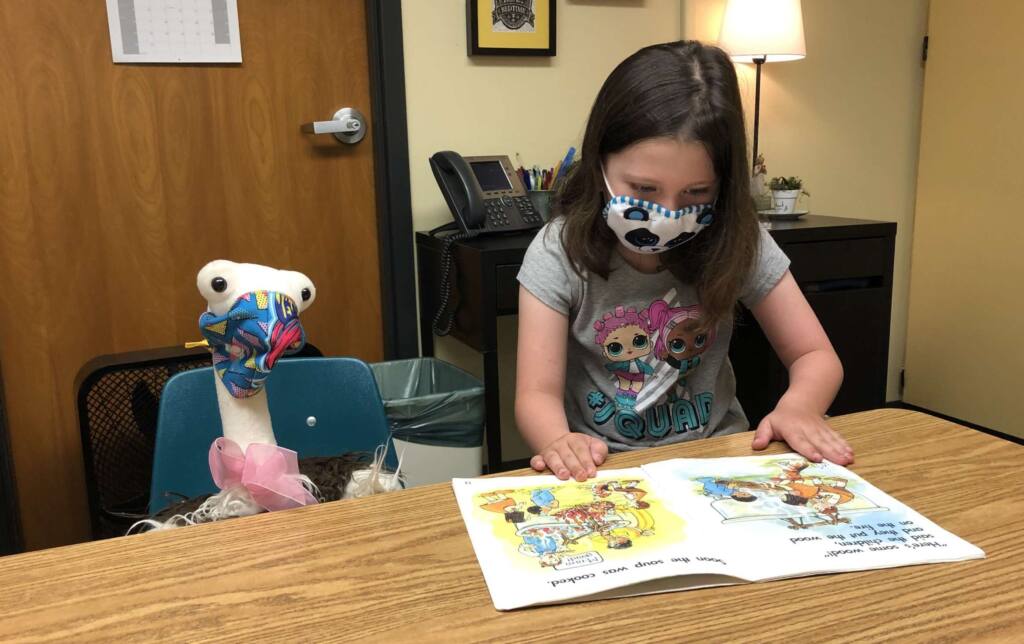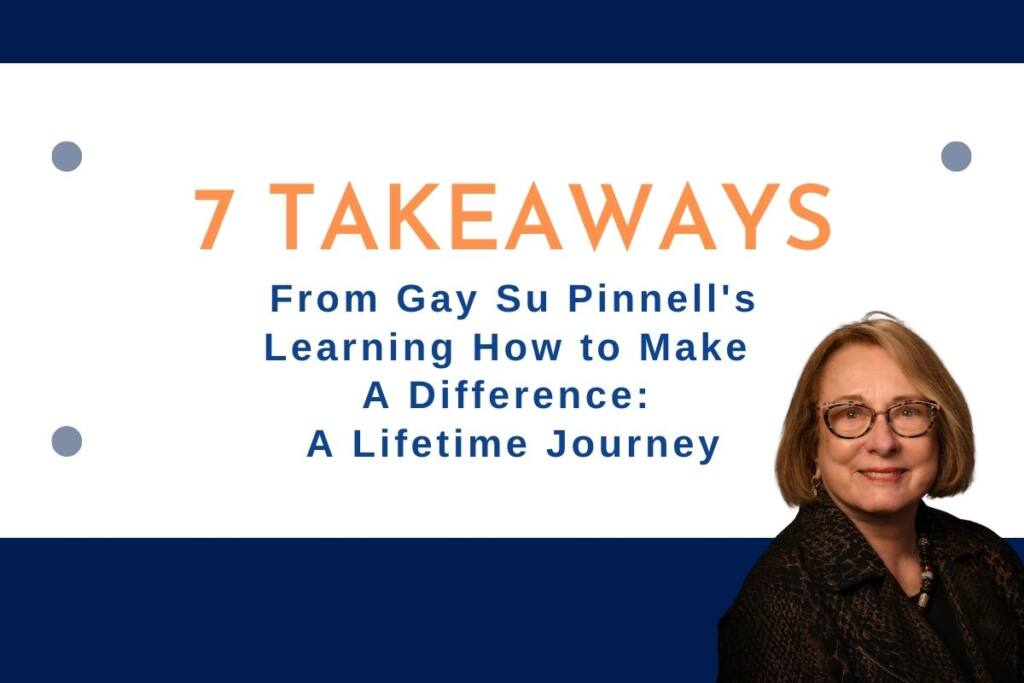BLOG
Where have all the readers gone?
By Braedan Schantz
Aida sat down beside her Reading Recovery teacher talking at an auctioneer’s pace. Her dad brought home a new kitten last night, and now she has three of them. “That’s just like Lin in The Black Kitten book,” she exclaimed, “I am just like her now. I wonder if one of my cats will try to hide like the black kitten. I’m going to make a new story about them today.”
Aida read The Black Kitten the previous week during her Reading Recovery lesson and I noted that she selected it to take home to read every day since. Aida’s excitement about her new kitten was contagious! As we sat down to begin reading familiar books, she, of course, selected The Black Kitten.
She wrote about her new kitten during the writing portion of her Reading Recovery lesson and much of our conversation was about—-you guessed it—– her new kitten. Aida uses language in all its forms–reading, writing, and speaking–to communicate and discover new things about the world and herself.
In every Reading Recovery lesson, children exercise choice and voice. They choose the books they want to read. Teachers get to know their students’ interests and select books that will be engaging and challenging. Students use their voices by composing and writing a message or story each day.
Giving children choice and voice in reading and writing is highly motivating! Emotion facilitates encoding. We learn best when we are engaged, engrossed, and swept up in active, meaningful, authentic experiences. Aida could have learned how to problem solve an unknown word at the syllable juncture through a worksheet or whole class chant but learning to encode and decode through reading, writing, and speaking is more supportive and intrinsically motivating.
In many classrooms, opportunities for children to learn to read and write while engaging in authentic texts are dwindling. Curriculum publishers, grassroots groups, and even some lawmakers are slowly eroding the print-rich environment that many children, especially those growing up in a literacy desert, so desperately need. Some schools are reducing reading and writing in order to practice isolated skills.
Some states across the country are even passing legislation to ensure systematic phonics for all, and we all need to ask, “At what cost?” We will not motivate our children to become readers and writers with a love of books if we do not put books in their hands. They won’t write a message or tell their story if we do not give them time to compose, write and share ideas. They won’t read, write, and tell the stories of their families and communities if we do not create spaces where rich storytelling is valued, honored, and supported.
Most families, teachers, and administrators are “literacy centrists.” We do not hold an extreme position in the so-called “reading wars.” We all agree phonics instruction serves an important purpose, but phonics alone won’t make them real readers. My fervent hope is that we find common ground as a community of learners before we find ourselves asking, “Where have all the readers gone?”
Braedan Schantz is a Reading Recovery and Literacy Lessons Teacher Leader and faculty associate at Wright State University in Dayton, Ohio
THE JOURNAL OF READING RECOVERY
Spring 2025
OPEN ACCESS: Centering Children and Working Towards Equity: Teaching All Children to Read by Catherine Compton-Lilly
Literacy Leadership in Support of Equity: Whatever It Takes by Allison Briceño
Exploring the Purposes, Power, and Potential of Familiar Reading by Jamie Lipp
Full Circle: From Student to Psychologist by Joyce Romano





